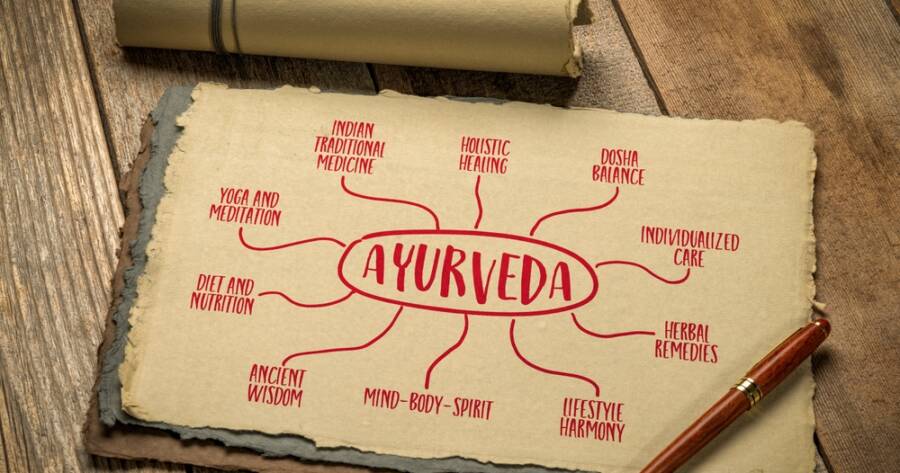Ayurveda is one of the world’s oldest healing systems, rooted in India more than 3,000 years ago. Today, it’s gaining popularity in the United States as people look for natural ways to support health. But what exactly is Ayurveda, and how can it fit into modern life? Explore the core ideas and practical tips behind this ancient system.
The Basics of Ayurveda
Ayurveda means “science of life” in Sanskrit. It focuses on balance—within the body, the mind, and the environment. At the heart of Ayurveda are three energies, or doshas: Vata, Pitta, and Kapha. Each person has a unique combination of these doshas, and keeping them balanced is thought to promote good health.
Practitioners use various methods to bring balance, including food choices, herbal remedies, daily routines, and lifestyle habits. Unlike many modern approaches, Ayurveda doesn’t treat symptoms in isolation. Instead, it looks at the whole person—how they sleep, what they eat, how they respond to stress, and even the season of the year.
Food as Medicine
One of Ayurveda’s most useful tools is food. Each dosha is believed to have specific traits. For example, Pitta types tend to run hot and may benefit from cooling foods like cucumbers or coconut. Kapha types may do well with lighter, warming meals like soups with spices. Vata types often need grounding foods such as cooked grains or root vegetables.
Ayurveda also encourages mindful eating. Meals are meant to be taken at regular times and enjoyed without distractions. The goal isn’t just to eat healthy food—it’s to build a long-term relationship with food that supports energy, digestion, and emotional well-being.
Some people use Ayurvedic cooking to manage digestion issues, reduce inflammation, or feel more centered. While scientific research on these claims is still growing, many find comfort in how personal and intentional this approach is.
Daily Routines That Ground You
Another key part of Ayurveda is dinacharya, or daily routine. These small habits are meant to create structure and stability, especially in a fast-paced world. Common practices include waking early, scraping the tongue, drinking warm water, self-massage with oils, and going to bed early.
These habits may sound simple, but together they help set a rhythm for the day. Many people who follow an Ayurvedic routine say they feel calmer and more focused. These practices can also support better sleep, digestion, and stress response—areas where many modern routines fall short.
Even something like choosing activities that match the time of day (active tasks during daylight, winding down at dusk) fits into Ayurveda’s rhythm-focused view of wellness.
What Modern Science Says
Modern research into Ayurveda is still limited, but some elements are gaining attention. Studies have examined turmeric, ashwagandha, and other Ayurvedic herbs for their potential to lower stress or fight inflammation. Breathing exercises and meditation, also part of Ayurveda, have shown benefits for heart health and mood.
Still, Western medicine often views Ayurveda with caution. Some herbal blends may interact with medications or be poorly regulated. As with any wellness practice, it’s important to talk with a healthcare provider before making major changes, especially if you’re managing a condition or taking medications.
That said, many people integrate Ayurvedic principles—like mindful eating or daily routines—without going all-in on herbal treatments. These parts of Ayurveda can often blend well with other wellness plans and may offer lasting benefits.
A Balanced Approach to Self-Care
Ayurveda encourages tuning in, not tuning out. It teaches that wellness isn’t about doing one thing right—it’s about living in a way that respects your unique makeup and the world around you. This means listening to your body, noticing small shifts, and choosing habits that feel right for you.
Whether it’s starting the day with warm water or adjusting meals to fit the seasons, these small steps can help you feel more connected. And for many, that connection is the key to staying healthy in both body and mind.
Discovering Your Own Path to Wellness
Ayurveda doesn’t offer quick fixes. Instead, it invites you to slow down, reflect, and choose habits that support your life as a whole.
In a world full of diets, trends, and endless advice, its message is refreshingly simple: balance matters. And sometimes, the best way forward is to learn from the past.

